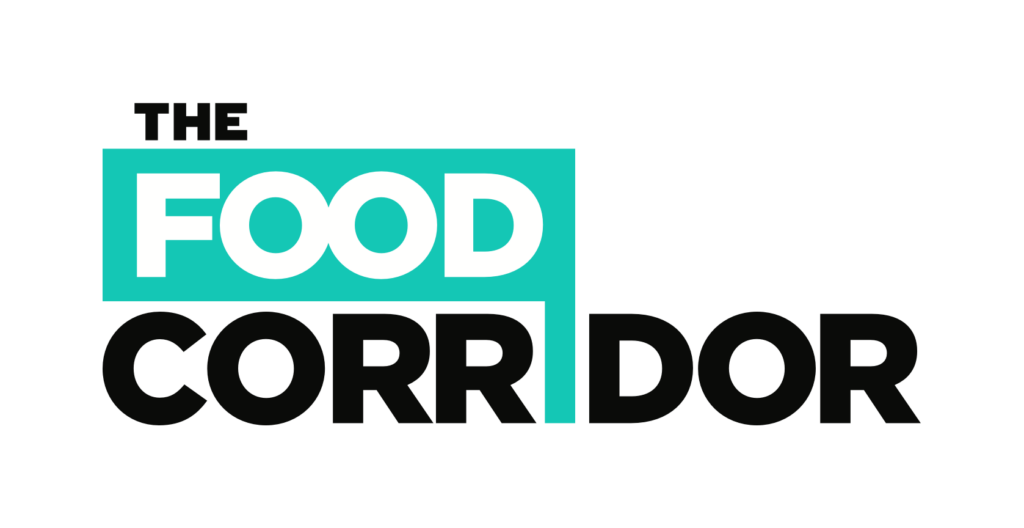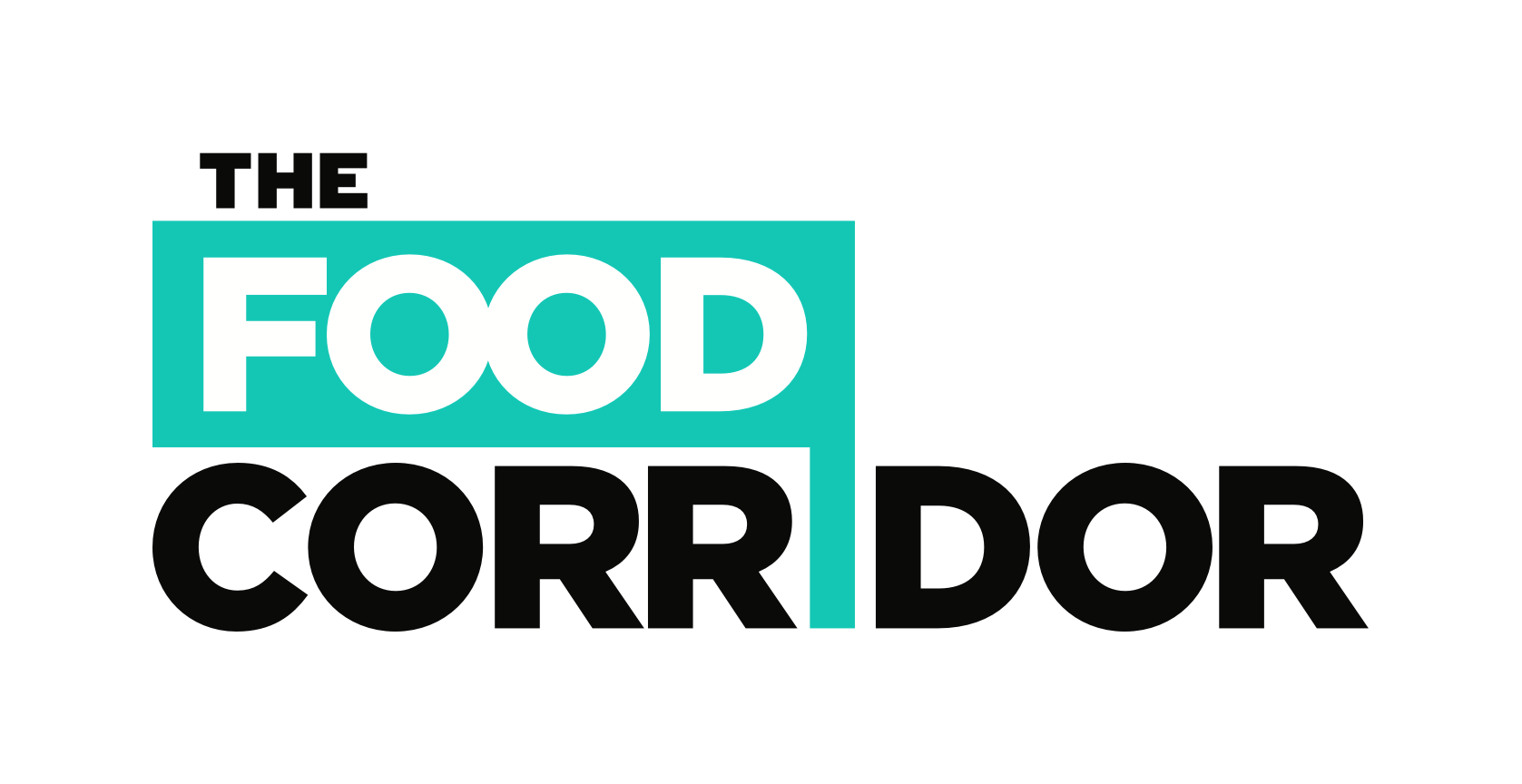It’s that time of year again: the USDA has opened its annual Local Agriculture Market Program (LAMP) funding opportunities, and shared kitchens across the country should take note.
The Farmers Market Promotion Program (FMPP), Local Food Promotion Program (LFPP), and Regional Food System Partnerships (RFSP) are three major grant programs that help strengthen local food systems, bolster infrastructure, and increase market access. And they’re not just for farms. These grants were designed with food system intermediaries—like shared kitchens, kitchen incubators, and food hubs—in mind. For more opportunities and resources, visit our learning hub, KitchenEDU.
Explore the RFAs on USDA AMS’s LAMP website »
Why Shared Kitchens Should Apply
Shared kitchens are on the front lines of food system innovation. They provide critical infrastructure for food entrepreneurs, reduce barriers to entry, and often serve as local food hubs, processors, or aggregation points. Whether you’re supporting mobile markets, facilitating farm-to-kitchen relationships, offering co-packing, or hosting technical assistance programs—you’re likely eligible for these funds.
Here’s a breakdown of how each grant can be leveraged in the shared kitchen space:
🥕 Farmers Market Promotion Program (FMPP)
Supports projects that expand direct-to-consumer marketing opportunities for local producers. This could include:
- Partnering with farmers’ markets or farm stands
- Supporting SNAP/EBT implementation
- Running mobile markets or online ordering systems
If your kitchen supports producers through retail-facing channels, this grant can help deepen those efforts.
🛒 Local Food Promotion Program (LFPP)
Geared toward intermediated markets (i.e., everything between farm and consumer). Shared kitchens can use LFPP for:
- Expanding cold/dry storage
- Launching co-packing services
- Purchasing equipment for aggregation and distribution
- Offering business support or incubation programs
- Operating as a food hub
LFPP has been a favorite for shared kitchens in the past and is often the best fit for our community.
🌎 Regional Food System Partnerships (RFSP)
Designed for collaborative, cross-sector partnerships that build and strengthen regional food systems. Ideal for:
- Kitchen networks working with public health orgs, universities, or economic development agencies
- Regional incubator programs
- Infrastructure planning and community food system strategy
Funding Details
- Grants range from $100K–$750K
- Match funding is often required, though some applicants may qualify for a waiver
- Applications typically close in late spring or early summer (check USDA’s LAMP page for exact deadlines)
Looking for Inspiration?
Over the years, we’ve been helping shared kitchens understand and access federal funding. Check out these resources:
- 📖 Federal Grants Programs for Shared Use Kitchens: A helpful primer that breaks down key federal grant programs and how shared kitchens qualify. This blog explains where your kitchen fits in the funding landscape and how to determine the best opportunities based on your services and goals.
- 🎥 Webinar: USDA Grants for Shared Kitchens: An in-depth video session walking through the USDA grant process—from eligibility to application strategy. Hear success stories and real-world examples from shared kitchen operators who’ve secured federal funding.
- 🏆 TPSS Kitchen Awarded USDA Community Food Projects Grant: A powerful example of how one kitchen leveraged USDA funding to expand its community impact. This story highlights how mission-driven kitchens can align their programming with USDA priorities.
- 💡 Funding Strategies and Prospects: Insights on how shared kitchens can diversify funding—combining grants, partnerships, and earned revenue. This post helps operators think beyond the application to long-term financial sustainability.
- 🤝 Developing Partnerships & Networks in your Shared Kitchen: A deep dive into the importance of collaboration, especially for programs like RFSP. Learn how to build multi-sector partnerships that strengthen your application and your regional food ecosystem.
Final Thoughts
Grants like LFPP and RFSP don’t come around every day—and they offer shared kitchens the chance to invest in lasting infrastructure, capacity-building, and community impact. If you’ve been envisioning expanded services, stronger partnerships, or new revenue streams, this is a golden opportunity to make it happen.
We encourage you to review the RFAs, connect with potential partners, and begin preparing your application.
And if you’re navigating the process and need support—The Food Corridor is here to help. Our team is committed to helping shared kitchens grow and thrive, and that includes making the most of funding opportunities like these.
Looking for more ways to grow your kitchen and maximize revenue?
Kitchens using The Food Corridor grow consistently over the first year with TFC. Most kitchens see a 50% increase in booked hours and double their monthly revenue, on average. Even if kitchens just starting out can benefit from booking and scheduling software. Schedule a demo today with one of our friendly humans, and we’ll see how we can help you get the most out of your space.


